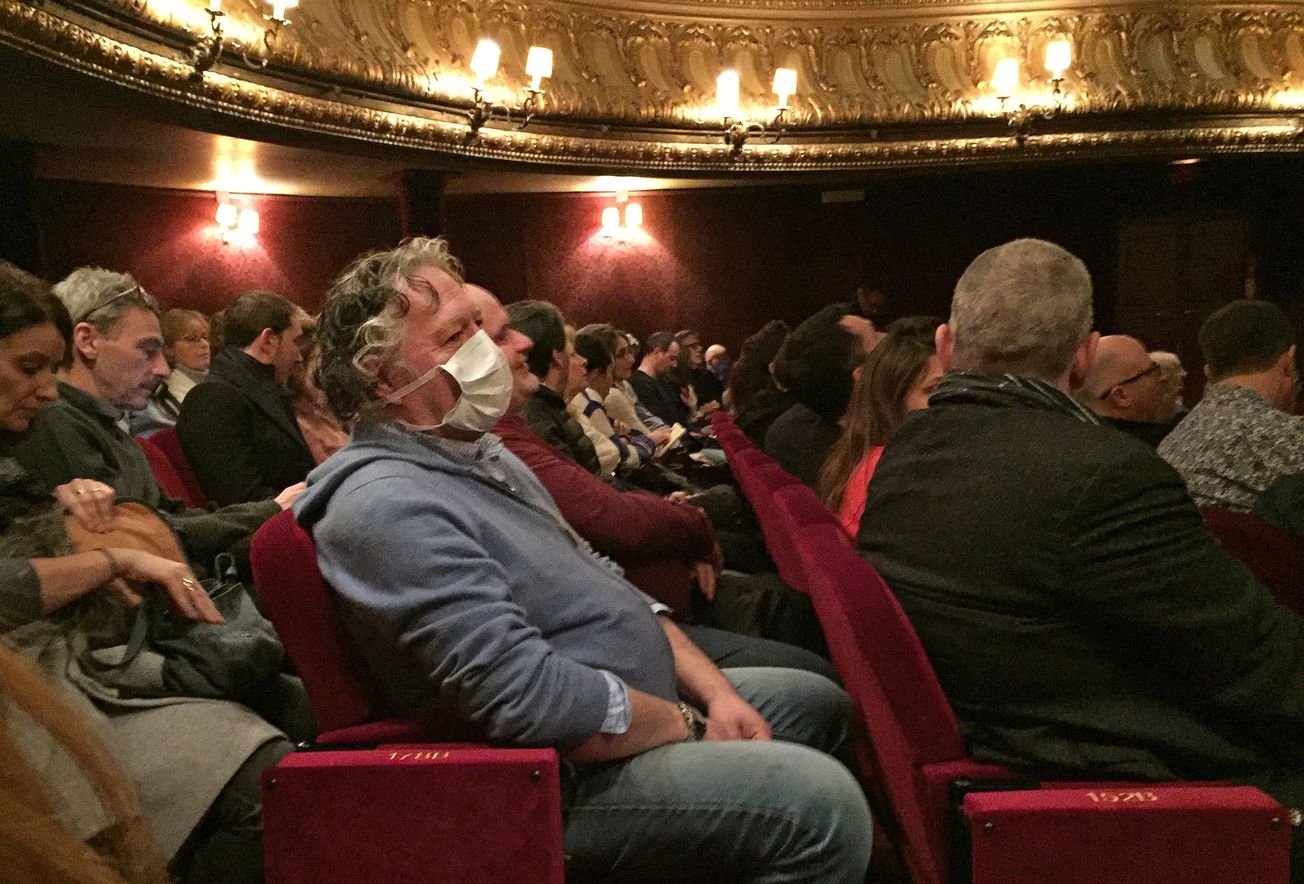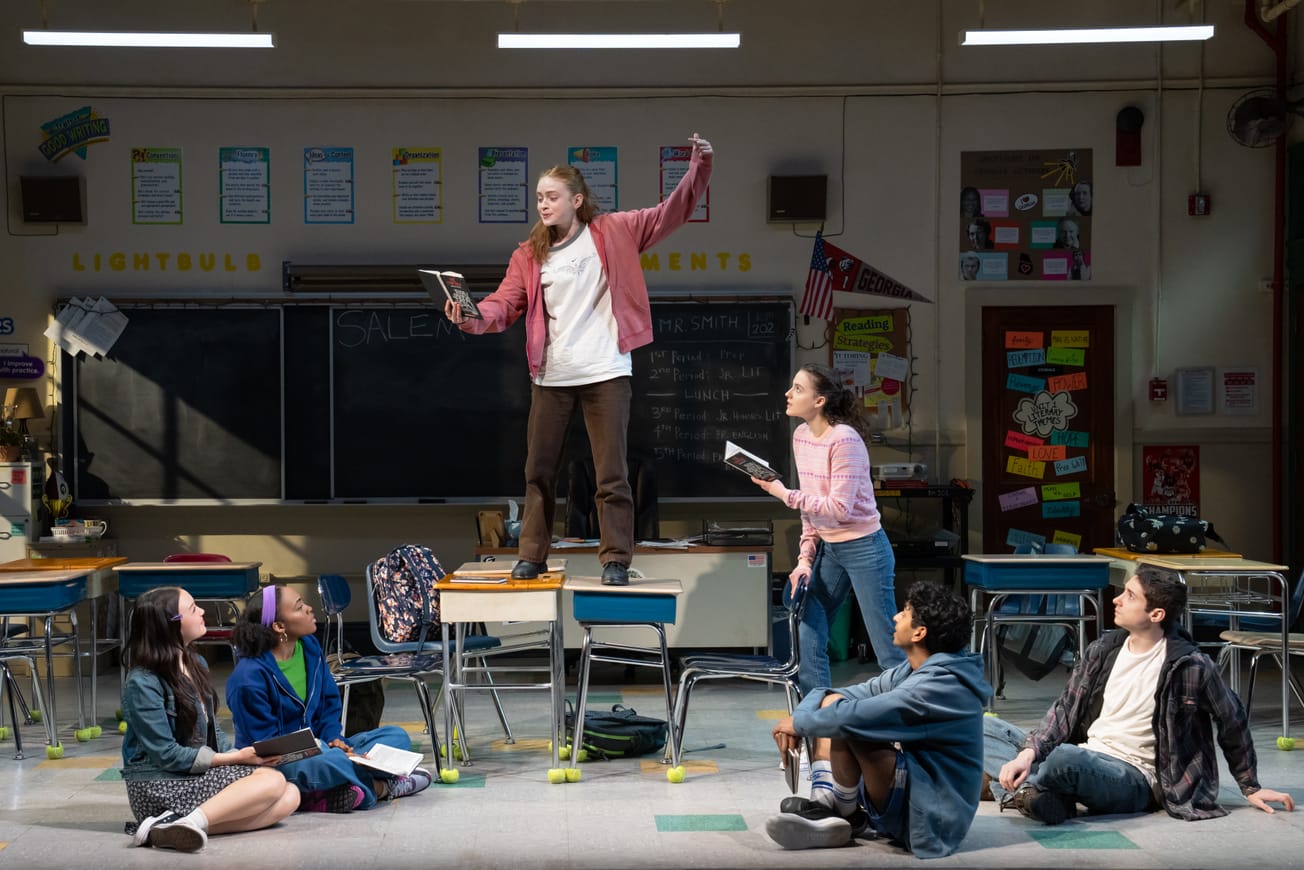Theaters across the country are brainstorming possible scenarios and solutions in response to the spread of novel coronavirus.
In a Friday webinar, hosted by the nonprofit-focused Theatre Communications Group, experts advised the more than 500 attendees to prepare for the possibility of having staff work remotely, clarify their insurance coverage should the theater have to close and to implement the most effective health measures for virus prevention.
“Let’s face it, your core business is conducting performances at which members of the public sit together at very close proximity for long periods of time,” said Charles Nolan, an epidemiology professor at University of Washington. “You don’t need a public health professional to tell you that a coronavirus looking for a new home would love that setting.”
There were more than 250 cases of the coronavirus in the U.S. as of Friday, according to the New York Times. Most of those cases were concentrated in Washington and California.
On Broadway, all theaters have increased their cleaning procedures and have added alcohol-based sanitizer dispensers in the lobbies. Sick patrons have also been discouraged from attending shows.
In addition to following the standard practices including frequent hand-washing and sanitation of common spaces, Mollie Quinlan-Hayes, director of Atlanta-based nonprofit South Arts’ crisis planning initiative, recommended that theaters scan tickets rather than physically take them from patrons. She also suggested having a designated staff member hold the door open for all patrons rather than having “hundreds of hands on those doors each day.”
When it comes to the staff at the theater, Quinlan-Hayes said institutions should formally discuss cancellation and work stoppage policies with employees, and plan in advance what resources staff would need if they had to work remotely. A remote staff also brings about the potential for data breaches, she warned, which theaters should prepare for by backing up their data and protecting “valuable assets.”
At the Oregon Shakespeare Festival, which is preparing to launch 10 shows in the next 10 months, Acting Executive Director Paul Christy has been meeting with his leadership team twice daily to discuss COVID-19 and how it might affect business. Thus far, it has not had much of an impact, but his staff is preparing by identifying their assets and vulnerabilities and implementing mitigation strategies for those weaknesses, including the health and cleanliness of patrons and staff members.
“We’ve had less than a dozen group cancellations and about two dozen individual calls where patrons have asked to either cancel or shift their tickets to later in the year,” Christy said. “Our box office is reporting that we’re receiving most questions about whether patrons can shift their tickets and so we’re accommodating those, just as we accommodated our air quality disruption in 2018 and 2019.”
Greg Reiner, director of theater and musical theater at the National Endowment for the Arts, said the NEA is also allowing for flexibility with grants if shows that received funding are postponed or canceled.
“If you need to move a show from this month, March or April, and you need to move it to August, October or even next year, we will work with you to extend the time period,” Reiner said.
One attendee asked whether the NEA would offer funding support for the live-streaming of theater performances if venues were forced to close due to the virus. Reiner called that “an interesting spot to be looking at,” but said he would have to bring it back to the NEA for discussion.
Theaters are also considering how insurance would factor into a shutdown scenario. Three insurance experts from Starkweather & Shepley, an insurance brokerage focusing on theaters and the performing arts, explained that incidents such as fires, deaths and explosions that cause a shutdown are “covered perils,” but a disease is not covered in most insurance plans.
“If there is an interruption of the revenue in the business, and there is an extra expense and a revenue decline as a result of the virus, the recommendation that we’re seeing and giving to our clients is to file a formal claim with the insurance company and allow it to be adjudicated individually,” said Sean Cottrell, senior vice president at Starkweather & Shepley.
If a theatergoer is exhibiting signs of illness, Elena Chang, director of equity, diversity and inclusion initiatives at TCG, recommended that the staff set formal guidelines on how to approach that patron without causing offense, particularly within the Asian community, which has been stigmatized as a result of the outbreak.
“There are already online community conversations happening right now to support [Asian Pacific Islander], Asian American casts and crews through this difficult time,” Chang said. “It’s also important to continue to support theater administrators long-term, ensuring that we are really equipped with the facts and are prepared to intervene if folks witness and experience discrimination.”


























































